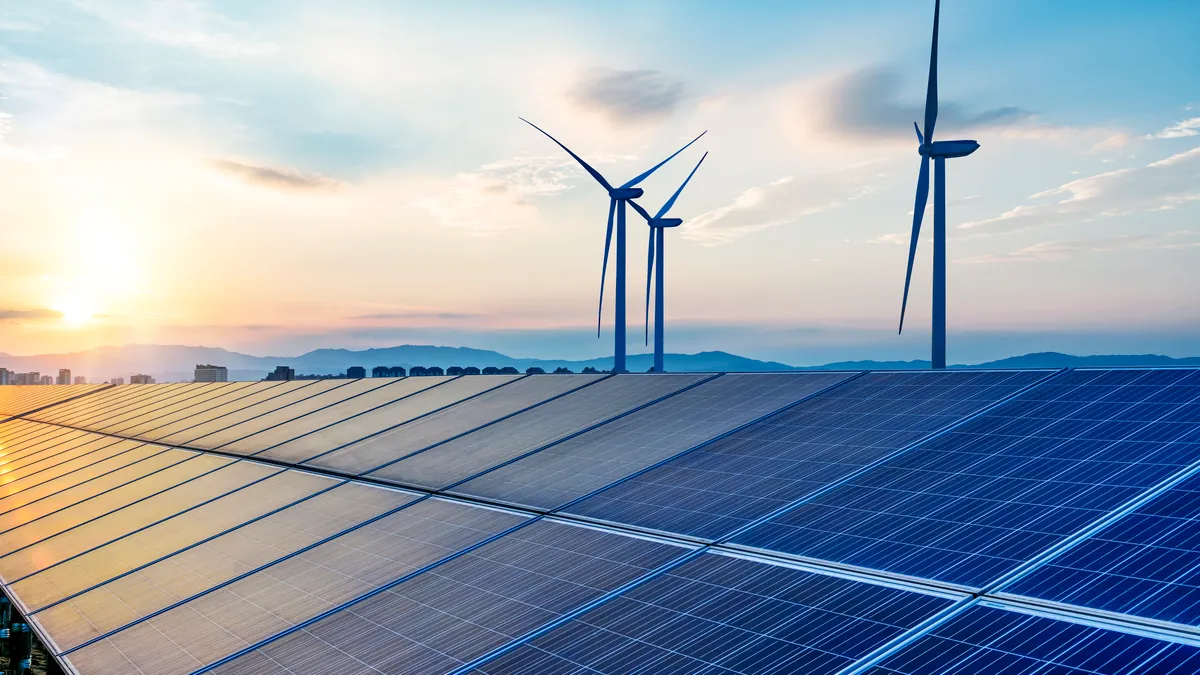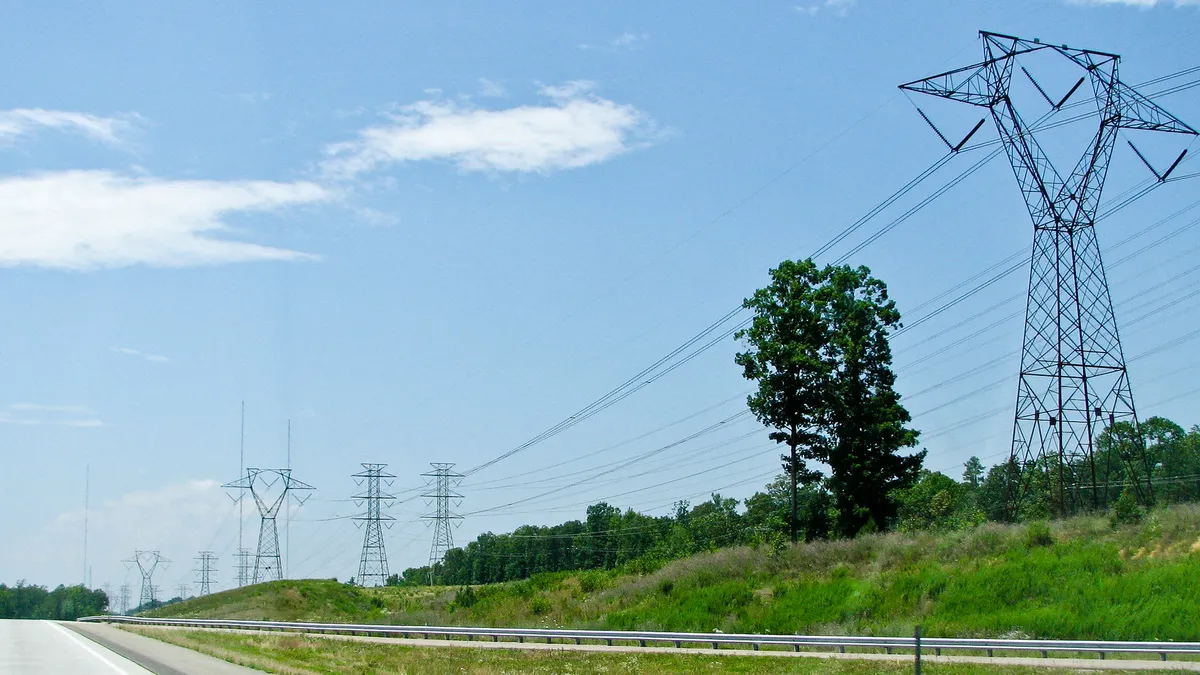Corporations such as Tesla, Google and Amazon largely support the Federal Energy Regulatory Commission’s proposal to reform its generator interconnection rules, especially the first-ready, first-served framework for studying interconnection requests, according to comments filed last week at the agency.
Increasingly, companies are seeking to buy renewable energy. But the interconnection backlog, uncertainty in the timing and costs for interconnection and delayed access to competitive resources have led to higher costs for existing generation due to the lack of access to competitive new entries, the Clean Energy Buyers Association said in comments filed at FERC Thursday.
CEBA, with a membership that includes 89 Fortune 500 companies, supports FERC’s proposal to establish a “first-ready, first-served” interconnection review framework, but said elements of the proposal may slow the overall process.
“CEBA is concerned that already over-burdened transmission provider resources and interconnection queues will be further burdened by permitting each interconnection customer to request up to five separate informational interconnection study requests at a time, with transmission providers required to complete studies within 45 days,” the trade group said.
Also, FERC’s proposal to fine transmission providers for failing to meet study deadlines might outweigh the potential benefits if those penalties are passed on to customers, according to CEBA.
“Instead of imposing penalties at this time, the commission should provide a period for its other reforms to the standard interconnection procedures and agreements to be implemented, then determine whether further reforms such as penalties are necessary,” CEBA said.
Tesla told FERC the car and battery company supports the agency’s proposal to require a first-ready, first-served cluster study process, a process for sharing network upgrade costs, ending the “reasonable efforts” standard for transmission providers in meeting deadlines and incorporating advanced technologies into the interconnection process.
However, Tesla urged FERC to make various changes to its proposal, including by directing transmission providers to give prospective interconnection customers access to grid models, cluster studies and cluster study models.
FERC should also include “batteries as virtual transmission” in its proposed list of alternative transmission technologies that interconnection customers can request transmission providers consider when conducting cluster interconnection studies, according to Tesla.
Amazon Energy, part of Amazon.com, which aims to get all its electricity from renewable resources by 2025, said it strongly supported FERC’s plan to shift from a first-come, first-served approach to a first-ready, first-served interconnection framework.
“Amazon is experiencing, first-hand, the delays presented by legacy serial interconnection processes as it works to meet its renewable energy procurement goals,” the company said.
Amazon also strongly supported FERC’s proposal to require transmission providers to evaluate a generator’s requested alternative transmission solutions, such as advanced power flow control, dynamic line ratings and static synchronous compensators, during the interconnection process.
FERC should go further by requiring transmission providers to examine “alternative transmission technologies” and “grid enhancing technologies,” or GETs, in the cluster interconnection study process, according to Amazon.
“With broader adoption, GETs could help unlock new generation resources, speed their development, and lower costs for consumers without the additional expense of new transmission infrastructure in certain areas,” Amazon said.
Google said FERC’s proposal could give utilities a competitive advantage over independent power producers, such as by requiring increased study deposits.
“Google strongly urges the commission to prioritize reforms that provide a level playing field for both utility-backed resources and IPP-developed resources,” the company said.
FERC’s proposed first-ready approach, a requirement for studying interconnection requests in clusters, and deadlines for finishing studies, “will reshape the interconnection process for the better and result in more renewable energy being added to the grid,” Apple said.






















